Dorling Kindersley Limited
The Penguin Group
Published by the Dorling Kindersley Limited,
80 Strand, London WC2R 0RL
LONDON, NEW YORK,
MUNICH, MELBOURNE, DELHI
Dorling Kindersley Limited, Registered Offices: 80 Strand,
London WC2R 0RL, England
www.dk.com
First Published in paperback in 2008 by Dorling Kindersley Limited. ISBN: 9780756642860
Copyright 2008 Dorling Kindersley
Text Copyright 2008 Phillip L. Hunsaker & Johanna S. Hunsaker
This Digital Edition published 2010. ISBN: 9780756667122
Digital conversion by DK Digital Content, London and DK Digital Media, Delhi.
No part of this publication may be reproduced, stored in a retrieval system,
or transmitted in any form or by any means, electronic, mechanical, photocopying, recording, or otherwise, without the prior written permission of the copyright owner.
Introduction
Managing other people is perhaps the most challenging task facing any manager. It is a dynamic process that is always evolving to accommodate changes in the diverse and complex workplace. Managing People provides the understanding and skills that will help you to develop and manage effective and high-performing teams of satisfied and productive individuals.
Being an effective manager of people starts with self-awareness and self-management. Interpersonal skills are extremely important, in both one-on-one and team situations, as you need to be able to influence others to accomplish their own and the organizations goals. Creating high-performing teams is crucial for any manager today and requires the abilities to set goals, plan and design work, delegate tasks, motivate followers, appraise performance, and solve problems.
As a leader of your team, you need to invest considerable time in helping others to improve their performance and develop their careers. Successful mentoring can contribute to fulfillment of personal, professional, and organizational goals. In helping others to be successful by applying the skills and guidelines presented in Managing People, you will not only enhance your effectiveness as a manager, but become a leader that others want to follow.
Knowing yourself will give you valuable insights into your aptitude for managing others. It allows you to understand how youre perceived by others, why they respond to you in the way they do, and how to get the best from them.
Developing Self-awareness
Awareness of your emotions, personality, what you enjoy and dislike, what motivates you, and what comes easily or poses challenges is a key precursor to developing effective managerial ability. Quite simply, if you cant manage yourself, you will not be able to manage anyone else.
Keeping moving
The best way to enhance your self-awareness is to learn in a systematic way from your own experiences. Start by reflecting on situations in your working life, your actions in response to them, and the outcomes of these events. Schedule a regular time to do this, either at the beginning or end of a workday, when you are not in the thick of the action. Give yourself space to reflect, and make sure you can be alone and uninterrupted for a significant period of time. Try to gain a better understanding of what happened and think about how you can learn from each situation.
Keeping a journal
Keeping a journal is a good way to help you learn from experience. Journals are similar to diaries, but include entries that address critical aspects of your managerial experiences and reflect on interactions with bosses, employees, and teammates. Such entries can describe a good (or bad) way someone handled a situation; a problem in the making; the different ways people react to situations; or your thoughts on people in the news, or in books or movies. If you want to solicit feedback, post your journal as an online blog.
Analyzing your performance
Assessing your progress toward your goals can help you gain a fuller understanding of your strengths and weaknesses. Whenever you make a key decision or take a key action, write down what you expect will happen. Then, every three or four months, compare the actual results with your expectations. If you practice this method consistently, it will help you discover what you are doing, or failing to do, that deprives you of the full benefits of your strengths, and will demonstrate areas in which you are not particularly competent and cannot perform adequately.

Feedback
It is important to have a person in your life who gives you honest, gut-level feedback, to help you gain perspective on your experiences and learn from them. This should be someone you trust enough to go to when you have real problems and ask, Am I off base here? Am I crazy? This person could be a partner, a mentor, a best friend, a co-worker, a therapist, or a personal coach. Today, many organizations are providing their managers with 360-degree feedback, allowing them to receive insights on their strengths and weaknesses from other members of staff.
 Make notes
Make notesUse your journal to think on paper about what you have read about management in this or other guides, or your experiences in management training programs.
Using Emotional Intelligence
Emotional intelligence (EI) is the ability to monitor and work with your and others emotions. It is measured in EQ, which is the emotional equivalent of IQ. Daniel Golemanauthor of the bestselling Emotional Intelligenceand other writers suggest that a technically proficient manager with a high EQ will be more successful than a manager who has only a high IQ.
Understanding EQ
Your EQ is the measure of your ability to understand and interact with others and becomes more important the more people you deal with. EQ does not measure personality traits or cognitive capacity. Emotional intelligence can be developed over time and can be improved through training and therapy. Those with a high EQ will be better able to control their own emotions, while at the same time using them as a basis for action. Working with emotions, rather than being at the mercy of them, makes individuals more successful in dealing with the demands of the environment around them. They are better able to control impulses and deal with stress, and better at problem solving. All of these qualities help the individual to perform more competently at work.
Managing emotions
Emotional intelligence has two aspects: one inward facing and one outward facing. The first of these is your emotional self-awareness and your ability to manage your own emotions. The second is your degree of empathy, or awareness of others emotions, and your ability to productively manage relationships with others. Both inward- and outward-facing aspects of emotional intelligence are made up of a number of skills or competencies.
Using EI at work
To be a successful manager in todays business world, a high EQ may be more important than sheer intellectual or technical ability. A manager who leads a project team of diverse people will need to understand and interact successfully with others. Applying emotional intelligence at work means you are open to the ideas of others and can build and mend relationships with others. You are aware of your feelings and act accordingly, articulating ideas so that others can understand them, developing rapport, building trust, and working toward consensus. Managers who are attuned to their own feelings and the feelings of others use this understanding to enhance personal, team, and organizational performance.

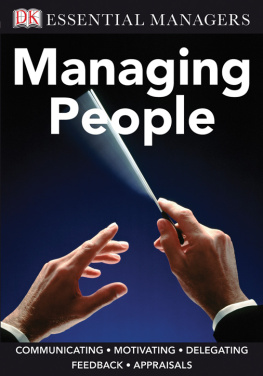
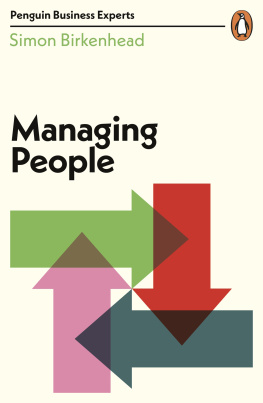
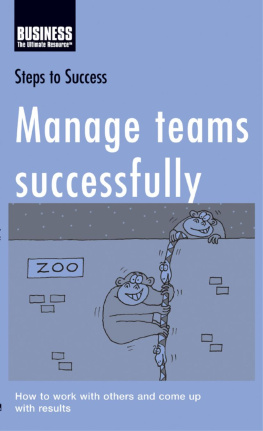
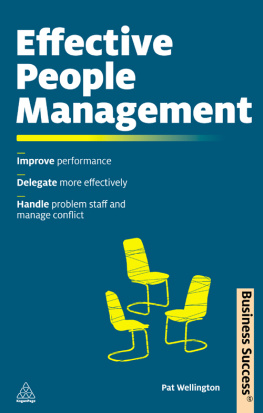
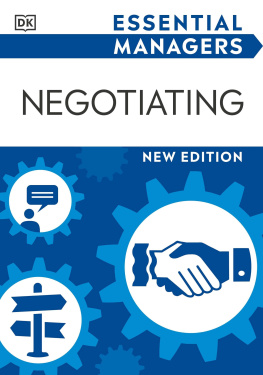
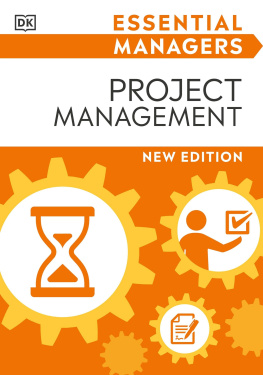
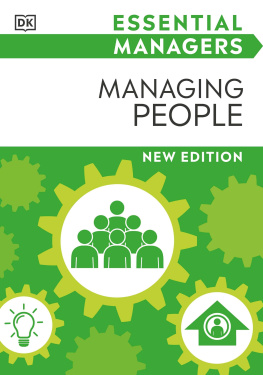

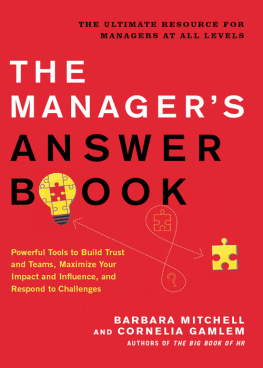
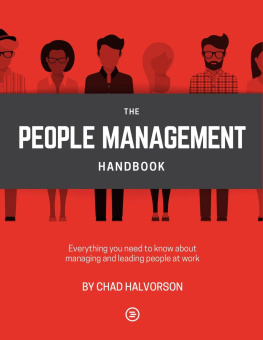
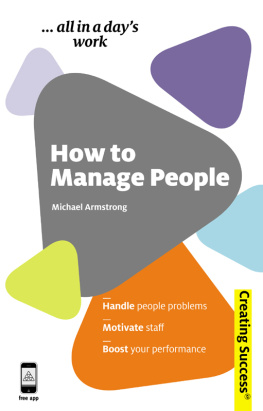


 Feedback
Feedback Make notes
Make notes